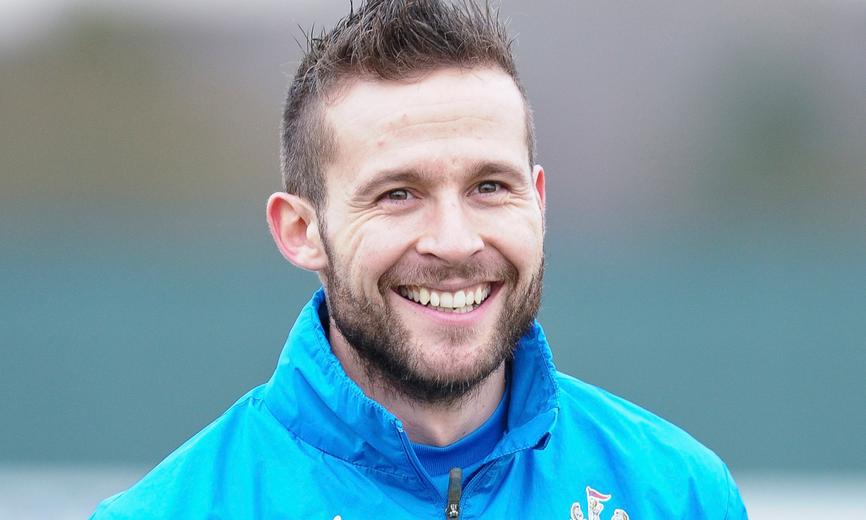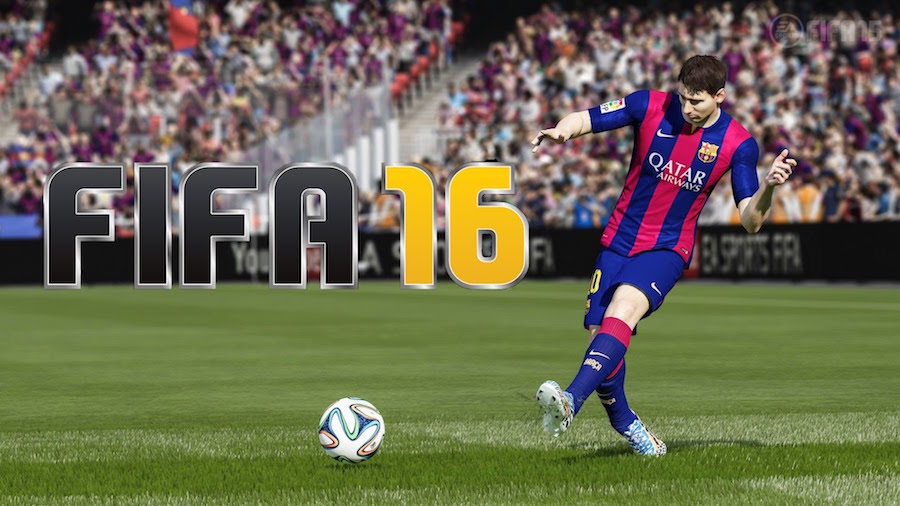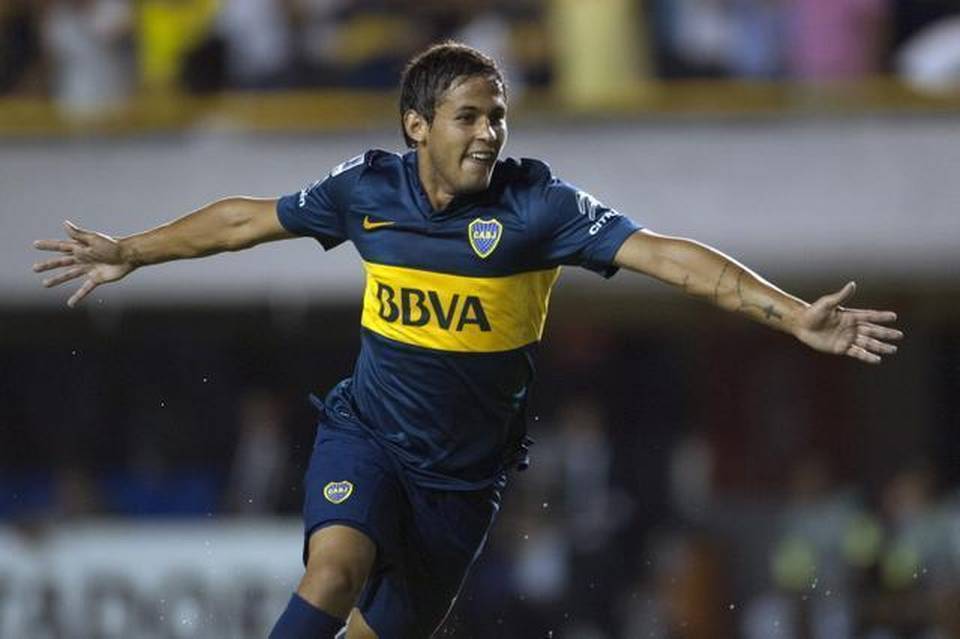Georginio Wijnaldum signing with Newcastle United was an eyebrow raiser for football fans and journalists alike. Wijnaldum the previous year had links to PSG and Athletico Madrid. This year’s transfer window had seen the likes of Manchester United, Roma, Zenit Saint Petersburg, and Olympique Marseille linked with the talented midfielder.
But his move to Newcastle United may prove to be the perfect fit for his undoubted talent as a midfielder and great leadership skills on and off the pitch. That is something greatly needed as new manager Steve McClaren looks to bring the Magpies back to playing attractive football but also be competitive for a top eight finish in the Premier League.
A player pivotal to PSV Eindhoven winning it’s first Eredivisie title since 2008, the 24 year old Georginio “Gini” Wijnaldum was the least mentioned potential transfer target early on in this year’s transfer window. Memphis Depay was always the first name associated to PSV with his dynamic runs on both wings and spectacular goals.
But Wijnaldum won Eredivisie player of the year for 2015. Tells you how much Dutch writers feel about Gini. The statistics show his unbelievable penchant for putting the ball in the back of the net: 14 league goals in 33 Eredivisie League matches (18 goals in all competitions.) He was only substituted out of matches twice.
Under PSV coach, Philip Cocu, they play a dominant passing oriented system this term, but have embraced a counter-attacking system on occasion, normally within a preferred 4-3-3 formation. The midfielder has fine-tuned certain parts of his game this past term and has been an integral part of PSV’s style. He is a #10 by trade, but has played most recently in the box to box (#8) midfield role and and as a deeper lying (#6) midfield position.
Whichever style they adopt in each game, Wijnaldum is pivotal in it being a success. His work rate is great, while his awareness and tracking of runs in midfield makes him a vital component in cutting out attacks coming through the middle. From here, he can start a charge forward for his side.
These qualities will be a welcome addition to Newcastle’s midfield bringing much more tactical flexibility to the squad and allowing McClaren to adjust formations and strategies through the preseason. Of note that Newcastle has been playing in a 4-2-3-1 formation in their first few friendly matches.
Interesting to see how McClaren will have used Wijnaldum in friendlies in this system (lately being used in his comfortable midfield role just behind the forward line.) Or will McClaren use his much favored 4-3-3 system he used at FC Twente and Derby County.
McClaren has said of Wijnaldum: “This signing is a real statement for the club. It is a big transfer for a very good player and I am delighted to have Gini here at the club. “He has lots of energy and a great tempo to his game. He is very skilful but is also capable of playing box to box and, importantly, he can score goals. He is at the right age and the right fit for Newcastle. He is a leader as well and you will see that. He is someone who always wants the ball, can deal with it and we need that kind of character in the team.”
No doubt a coup that Newcastle landed the PSV captain — a reflection of owner Mike Ashley’s commitment to finally invest money on new talented players. The signing of Wijnaldum definitely unlocked the door to land other talents like Mitrovic and Mbemba from Anderlecht in Belgium and could spark a revival for the Magpies this coming Premier League season.
Written by Vic Charnetsky
Follow Vic on Twitter @VanDerCharks
Like O-Posts on Facebook
You can also follow O-Posts on Twitter @OPosts















